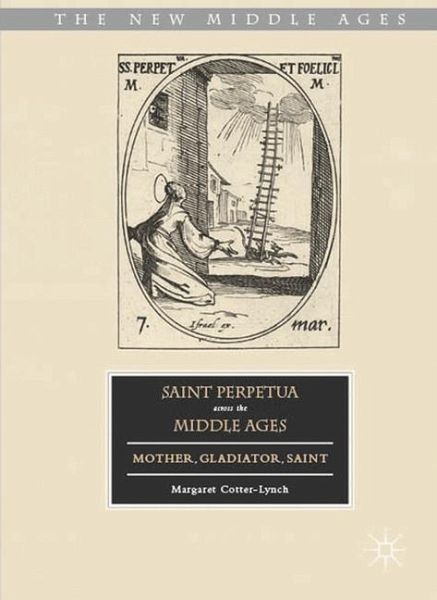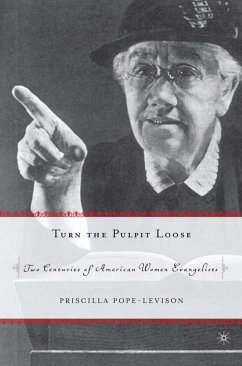
Saint Perpetua across the Middle Ages
Mother, Gladiator, Saint
Versandkostenfrei!
Versandfertig in 6-10 Tagen
66,99 €
inkl. MwSt.
Weitere Ausgaben:

PAYBACK Punkte
33 °P sammeln!
This study traces the genealogy of Saint Perpetua's story with a straightforward yet previously overlooked question at its center: How was Perpetua remembered and to what uses was that memory put? One of the most popular and venerated saints from 200 CE to the thirteenth century, the story of Saint Perpetua was retold in dramatically different forms across the European Middle Ages. Her story begins in the arena at Carthage: a 22-year-old nursing mother named Vibia Perpetua was executed for being a Christian, leaving behind a self-authored account of her time in prison leading up to her martyrd...
This study traces the genealogy of Saint Perpetua's story with a straightforward yet previously overlooked question at its center: How was Perpetua remembered and to what uses was that memory put? One of the most popular and venerated saints from 200 CE to the thirteenth century, the story of Saint Perpetua was retold in dramatically different forms across the European Middle Ages. Her story begins in the arena at Carthage: a 22-year-old nursing mother named Vibia Perpetua was executed for being a Christian, leaving behind a self-authored account of her time in prison leading up to her martyrdom. By turns loving mother, militant gladiator, empathic young woman, or unattainable ideal, Saint Perpetua's story ultimately helps to trace the circulation of texts and the transformations of ideals of Christian womanhood between the third and thirteenth centuries.














